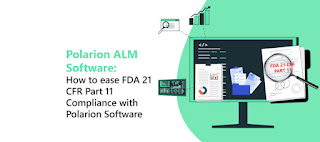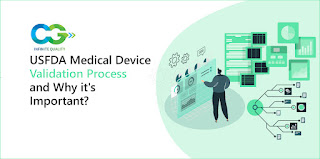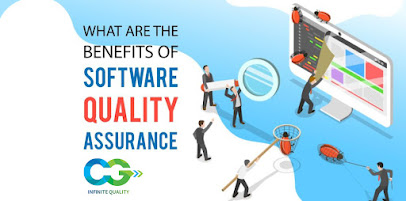Polarion API - Compliance Group Inc

Polarion is an application lifecycle management (ALM) and product lifecycle management (PLM) platform that is widely used for managing software development, product development, and regulatory compliance in various industries, including software engineering, automotive, and life sciences. Polarion provides an Application Programming Interface (API) that allows developers to interact with and extend the functionality of the platform programmatically. Here are some key aspects of the Polarion API : 1. REST API: Polarion primarily offers a REST API, which is based on HTTP and widely used for its simplicity and compatibility with various programming languages. This API allows you to access and manipulate data and perform various actions within Polarion. 2. SOAP API: In addition to the REST API, Polarion provides a SOAP (Simple Object Access Protocol) API for more extensive integration and automation capabilities. The SOAP API is well-suited for larger, enterprise-level integrations.






